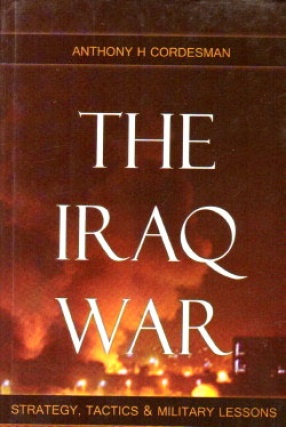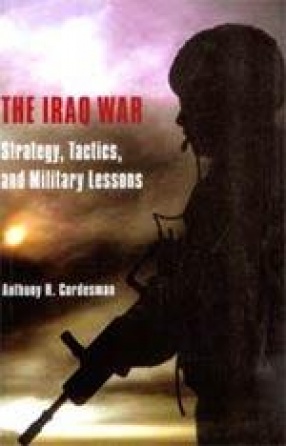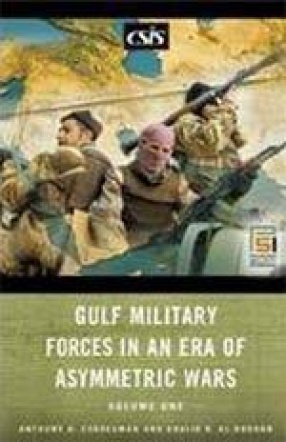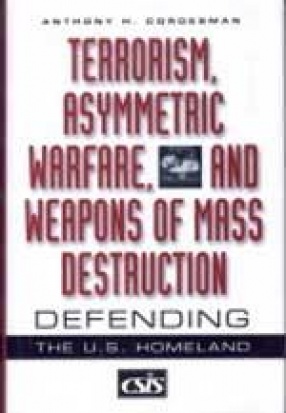
Showing all 4 books

In the spring of 2003 a stunned world watched the armed forces of the United States and Britain conduct a military campaign against Iraq. As a result the Iraqi regime was dismantled and much of the conventional wisdom about modern war was irrevocably altered. Yet as U.S. and British forces occupy Basra, Tikrit, and Mosul the Iraqi nation has slipped into anarchy and the phrase shock and awe has begun to sound more appropriate as a description of the war's ...

In April of 2003, a stunned world looked on as the armed forces of the United States and Britain conducted a lightning-fast military campaign against Iraq. Confounding predictions of failure, the Angle-American victory brought down not just the Iraqi regime, but also much of the conventional wisdom about modern war. But even as U.S. and British forces occupied Basra, Tikrit, and Mosul, the Iraqi nation slipped into anarchy-and new military and security challenges ...

The significance of the Persian Gulf to international peace and security and to the global energy market cannot be overstated. Events such as the attacks of September 11 and the rise in energy demand and prices have only highlighted the importance of stability in the Gulf to the health of the global economy. This book demonstrates that the nature of military and political threats in the Gulf States (Bahrain, Saudi Arabia, Iran, Iraq, Qatar, Yemen, and the UAE) ...

There is a wide spectrum of potential threats to the U.S. Homeland that do not involve overt attacks by states using long-range missiles or conventional military forces. Such threats include covert attacks by state actors, state use of proxies, independent terrorist and extremist attacks by foreign groups or individuals, and independent terrorist and extremist attacks by residents of the United States. These threats are currently limited in scope and frequency, ...
